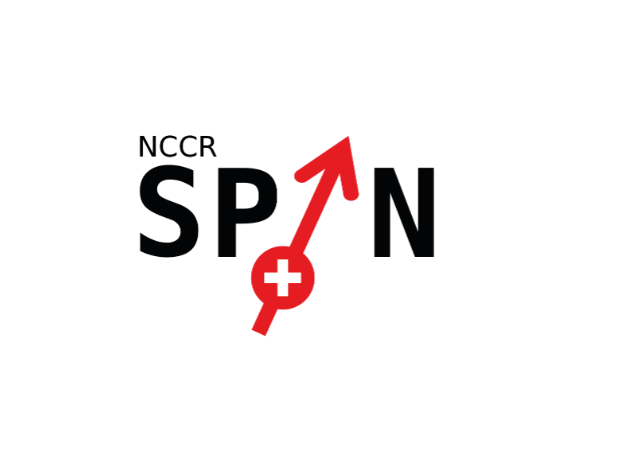The Ambitious Journey of NCCR SPIN Towards Practical Quantum Computers

In a world where computational challenges are increasingly complex, the need for a revolutionary new computing paradigm has become paramount. This is the driving force behind NCCR SPIN, one of the six new National Centers of Competence in Research funded by the Swiss National Science Foundation with CHF 17 million for the initial phase from 2020 to 2024.
The goal of NCCR SPIN is ambitious yet clear — to make tangible progress towards practical quantum computers based on spin qubits in silicon. As the researchers explain, quantum computers harness the bizarre principles of quantum mechanics to perform calculations in an entirely new way compared to classical computers.
“A quantum computer is a revolutionary new method to do calculations based on the possibilities of quantum mechanics,” stated one researcher in a short film released by NCCR SPIN. The key lies in qubits, which unlike regular bits that can be only 0 or 1, can exist as a superposition of both states simultaneously — unlocking massive parallelism.
This quantum supremacy could revolutionize fields like materials simulation, pharmaceutical research, and even climate science by solving problems intractable for today’s conventional supercomputers.
“We have many more variables in the problems we need to solve, and this complexity can only be handled with very high-performance computers that don’t exist today,” explained another researcher.
However, the path is arduous, with challenges at every step. Developing the required materials and nanostructures to host and control spin qubits reliably pushes the limits of fabrication capabilities.
“These structures are incredibly small and very difficult to produce,” lamented a researcher.
Despite the obstacles, the multi-disciplinary team of physicists, materials scientists and engineers persevere with unwavering enthusiasm.
“For me, that’s the fun part — solving a puzzle every day,” remarked another researcher. The joy of untangling unknown problems and the camaraderie of collaborative exploration acts as a sustaining force.
Looking ahead, the researchers paint a visionary picture of the immense potential that practical quantum computing holds. From revolutionizing drug discovery to tackling climate change — the possibilities seem boundless.
As one researcher said: “These new possibilities could really affect society and change it in some way which today we can only start to guess.”
The quantum dream may still be a distant frontier, but the pioneering work of NCCR SPIN is steadily transforming it into an anticipated reality that could profoundly reshape our technological landscape.
